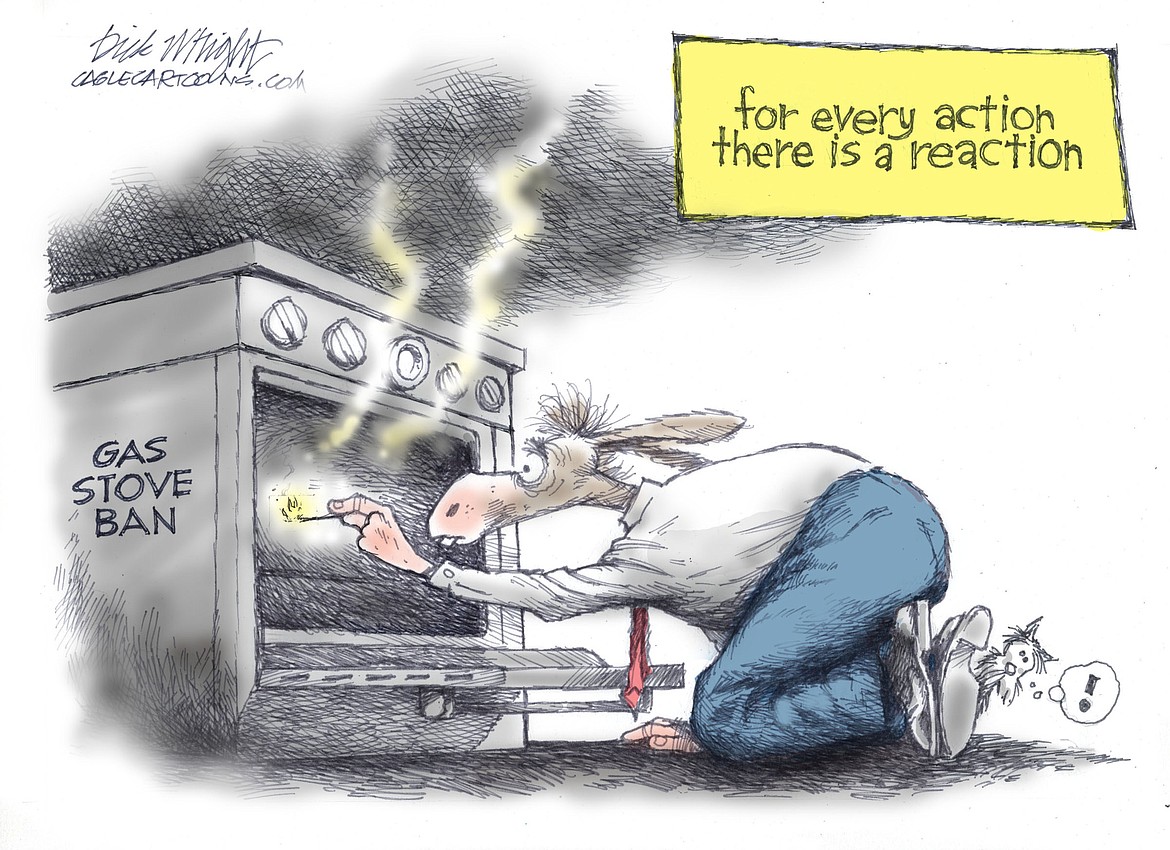Letters to the editor March 10
|
March 10, 2023 12:00 AM
Loudest crowd rule
I just finished reading Keegan Siebenaler’s op-ed to the Daily Inter Lake on March 6. He raises excellent points, exposing what the public perception of our legislative process is, in other words, “loudest crowd rule”....
Support Local News
You have read all of your free articles this month. Select a plan below to start your subscription today.
Already a subscriber? Login
Daily Inter Lake - everything
Print delivery, e-edition and unlimited website access
- $26.24 per month
Daily Inter Lake - unlimited website access
- $9.95 per month

